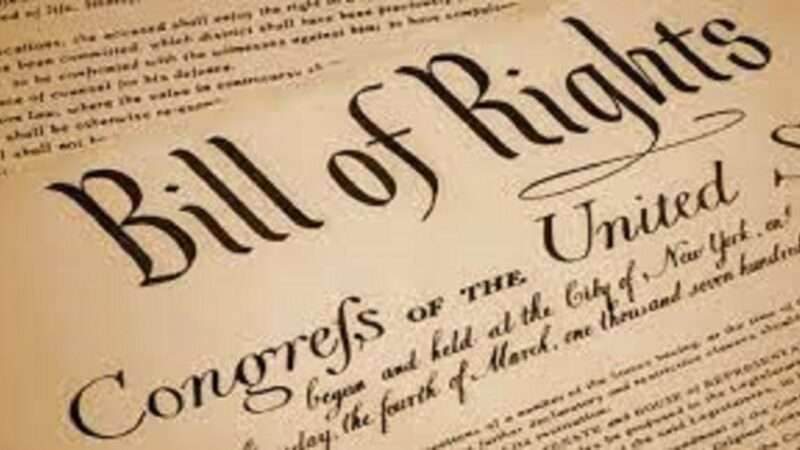

In addition to Devillier v. United States (which I discussed here), the Supreme Court yesterday decided to hear another Takings Clause case: Sheetz v. County of El Dorado. Here's the question presented in the case:
Whether a building-permit exaction is exempt from the unconstitutional-conditions doctrine as applied in Nollan v. California Coastal Commission and Dolan v. City of Tigard, Oregon simply because it is authorized by legislation.
In Nollan, Dolan, and some later cases, the Supreme Court has ruled that state and local governments sometimes violate the Takings Clause of the Fifth Amendment (which requires payment of "just compensation" when the government takes private property) when they impose exactions as a condition of letting property owners develop their land. Some lower courts—including the California Court of Appeals in this case—have held there is no Takings Clause liability for land-use exactions in cases where the requirement was imposed by legislation, rather than by executive officials or regulatory agencies.
Exaction takings cases pose many difficulties. Supreme Court precedent in this field is far from a model of clarity. In many situations, it is—under current precedent—genuinely hard to figure out whether taking has occurred or not.
But the issue raised by this case should be an easy one: there is not and cannot be any "legislative exception" to Takings Clause liability in cases where such liability would otherwise exist. The whole point of the Bill of Rights—including the Takings Clause—is to limit legislative impositions, no less than executive ones. As the Supreme Court emphasized in its famous First Amendment decision in West Virginia State Board of Education v. Barnette (1943), "The very purpose of a Bill of Rights was to withdraw certain subjects from the vicissitudes of political controversy, to place them beyond the reach of majorities and officials and to establish them as legal principles to be applied by the courts." Neither the Takings Clause generally nor exaction takings specifically are exceptions to this general principle.
The Cato Institute amicus brief urging the Court to hear this case goes over this key point in detail (unlike in some other recent takings cases, I was not involved in writing the Cato brief in this one). It also explains why we cannot rely on the democratic process to effectively protect property owners' rights in exaction/development cases. I would add that many of the beneficiaries of new development are people who are priced out of a given area by restrictions on construction, but could potentially move there if developers are allowed to build new housing. That's the kind of group that often has little or no influence over local government political processes.
But the Court need not even consider such political economy issues. They can just rely on the basic principle that the whole point of constitutional rights is to impose constraints on the political process—including legislatures.
The post Supreme Court Will Hear Case on Whether there is a "Legislative" Exception to the Takings Clause appeared first on Reason.com.







